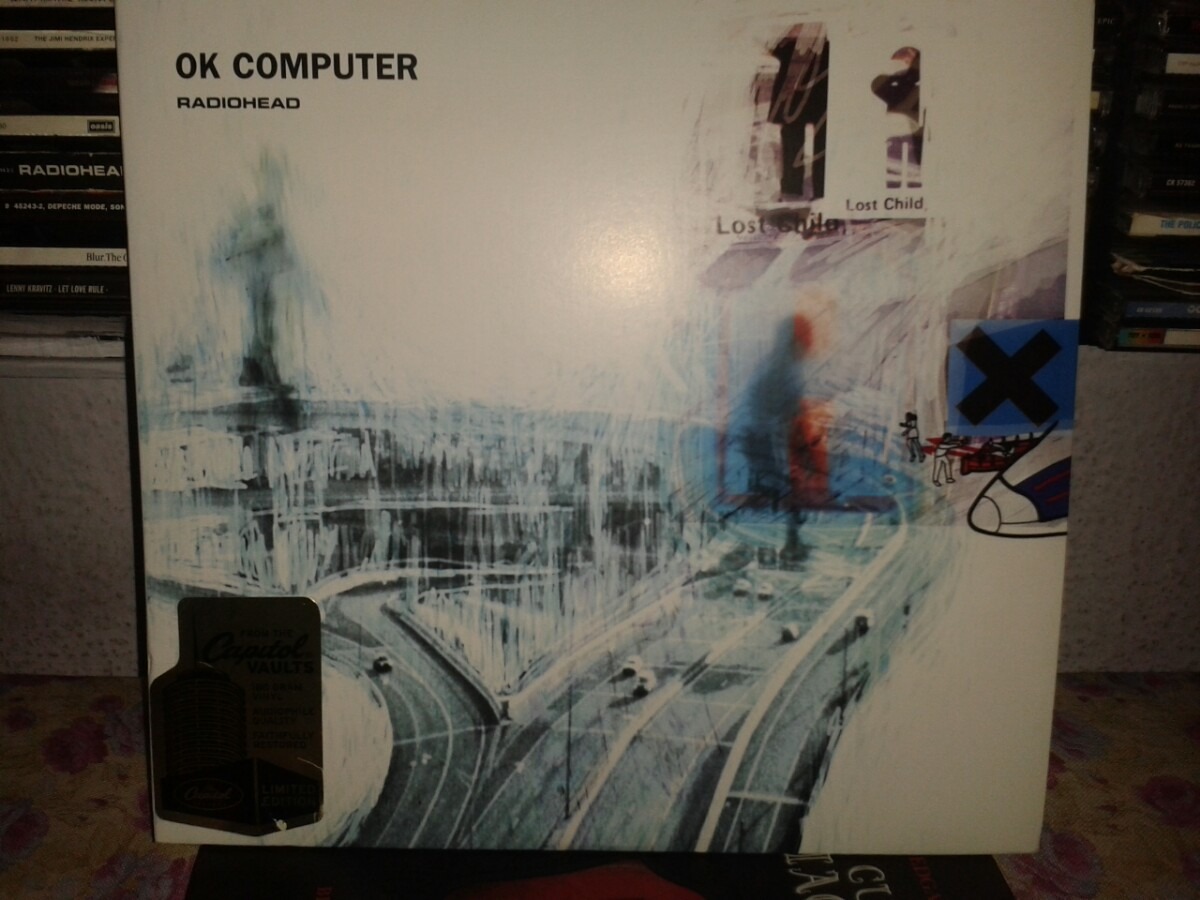

To do that again on another album would be excruciatingly boring.” As reprinted in Radiohead: The Complete Guide, drummer Phil Selway felt that “ The Bends was an introspective album… there was an awful lot of soul searching. Naturally, OK Computer was written in response to numerous things, including its precursor’s focus on inner gloominess. Today, it endures as a sonic and thematic marvel.

Released on May 21st, 1997, it was a riskier yet even more remarkable artistic leap that - while still feeling at home next to its predecessor - proved to be a game-changer in several respects.īy leaning on a broader array of compositional techniques, highlighting external concerns over internal confessions, and experimenting with song structures, the LP simultaneously altered the boundaries of rock music and anticipated forthcoming political, technological, and social malaise. Instead, they crafted their prophetic art-rock opus: OK Computer. So, why not just repeat the formula? Because Radiohead were never ones to rest on their laurels or sacrifice veracity, meaningfulness, or innovation for easily acquired fame and fortune. After all, that sophomore collection surpassed predecessor Pablo Honey in nearly every way, with enough creative dynamism, commercial success, and critical praise to become one of the most significant alternative/indie rock records of all time. Radiohead could’ve proudly followed 1995’s The Bends with something markedly similar. The post OK Computer at 25: How Radiohead Foresaw the Future of Rock Music and Humanity appeared first on Consequence.


 0 kommentar(er)
0 kommentar(er)
